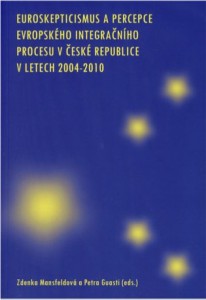External Perceptions of the EU after Brexit
Workshop hosted by the Jean Monnet Chair at Johannes Gutenberg University Mainz, 28-29 June 2018
On June 23rd, 2016, 52% of the British voted in a referendum to leave the European Union (EU). Since then, the upcoming withdrawal of the United Kingdom (UK) from the EU has been heavily discussed in Europe and around the globe. Whereas this debate revolves mainly around the future of the UK and UK-EU relations, little attention has been paid to the reactions of third countries and its effect on the EU's role in the world.
However, Brexit is very likely to have a substantial effect on EU external policy. Not merely because of the loss of a major Member State who is a permanent member of the UN Security Council and maintains a special relationship to the US and the Commonwealth, but also because it tarnishes the integrational success story the EU strives to embody. The UK's planned divorce and specifically the current "period of uncertainty" which ensued after the referendum are thus likely to impact considerably on third countries' perceptions of the EU and influence expectations and policy options worldwide. These images, in turn, condition the effectiveness of EU foreign policy: Only if the EU is seen as attractive, its actions as legitimate, valuable, credible and coherent, European (public) diplomacy and external action will be effective.
The workshop External Perceptions of the EU after Brexit takes up this theoretical angle and discusses the effect of Brexit on external perceptions of the EU and European foreign policy with academic experts from around the globe as well as with policy-makers from Brussels. The event will be lead jointly by Prof. Dr. Natalia Chaban (National Centre for Research on Europe [NCRE], University of Canterbury, New Zealand), Prof. Dr. Arne Niemann and Johanna Speyer (both University of Mainz). Thereby, it draws on the NCRE’s leading expertise in EU external perceptions. Research to make an academically and socially relevant contribution to a topical and highly relevant process.
For further information on the event, please contact Johanna Speyer (speyer@politik.uni-mainz.de)




